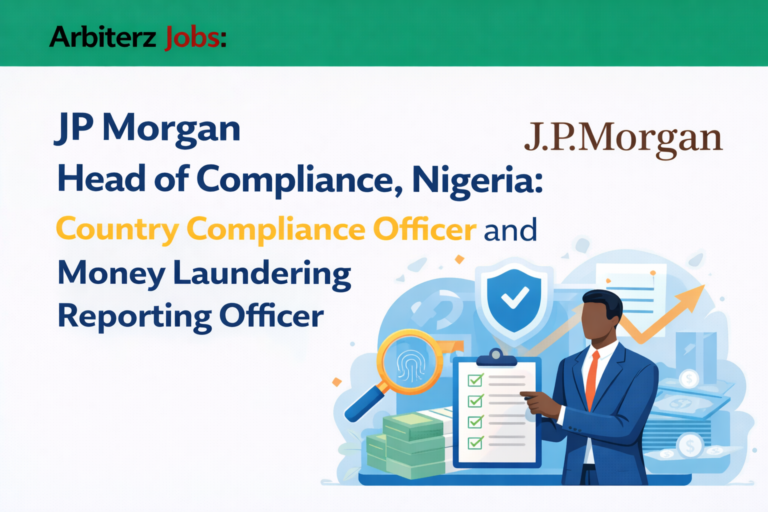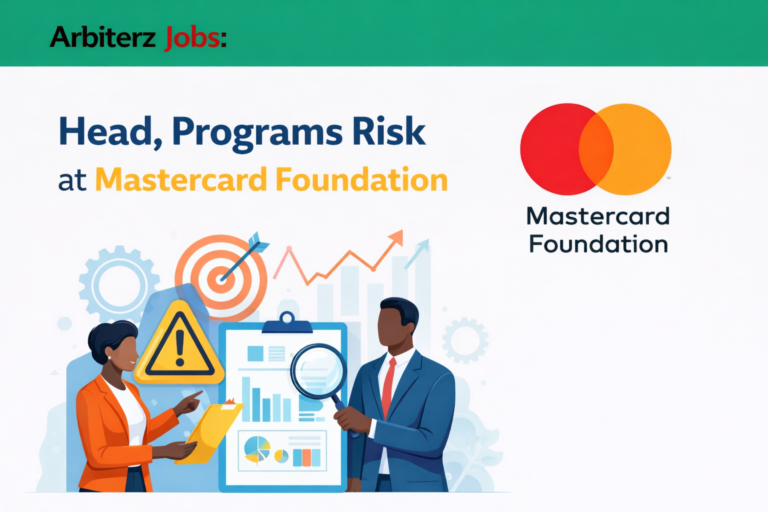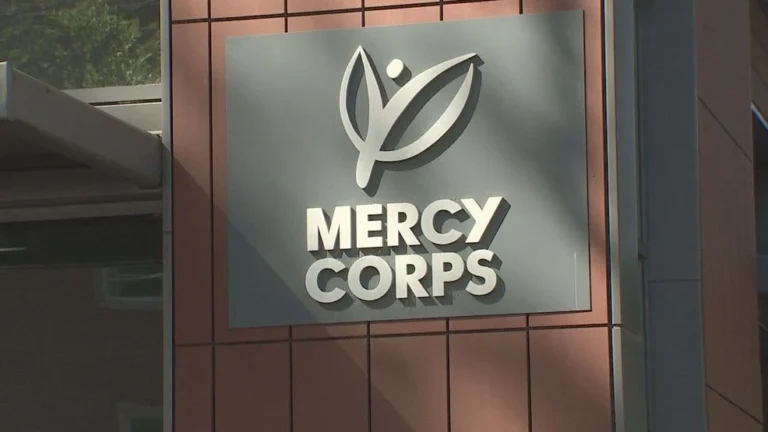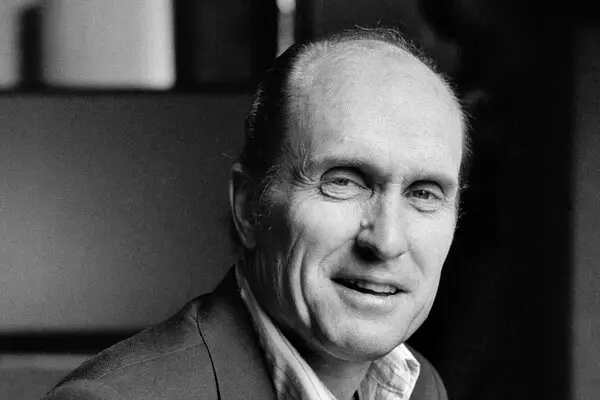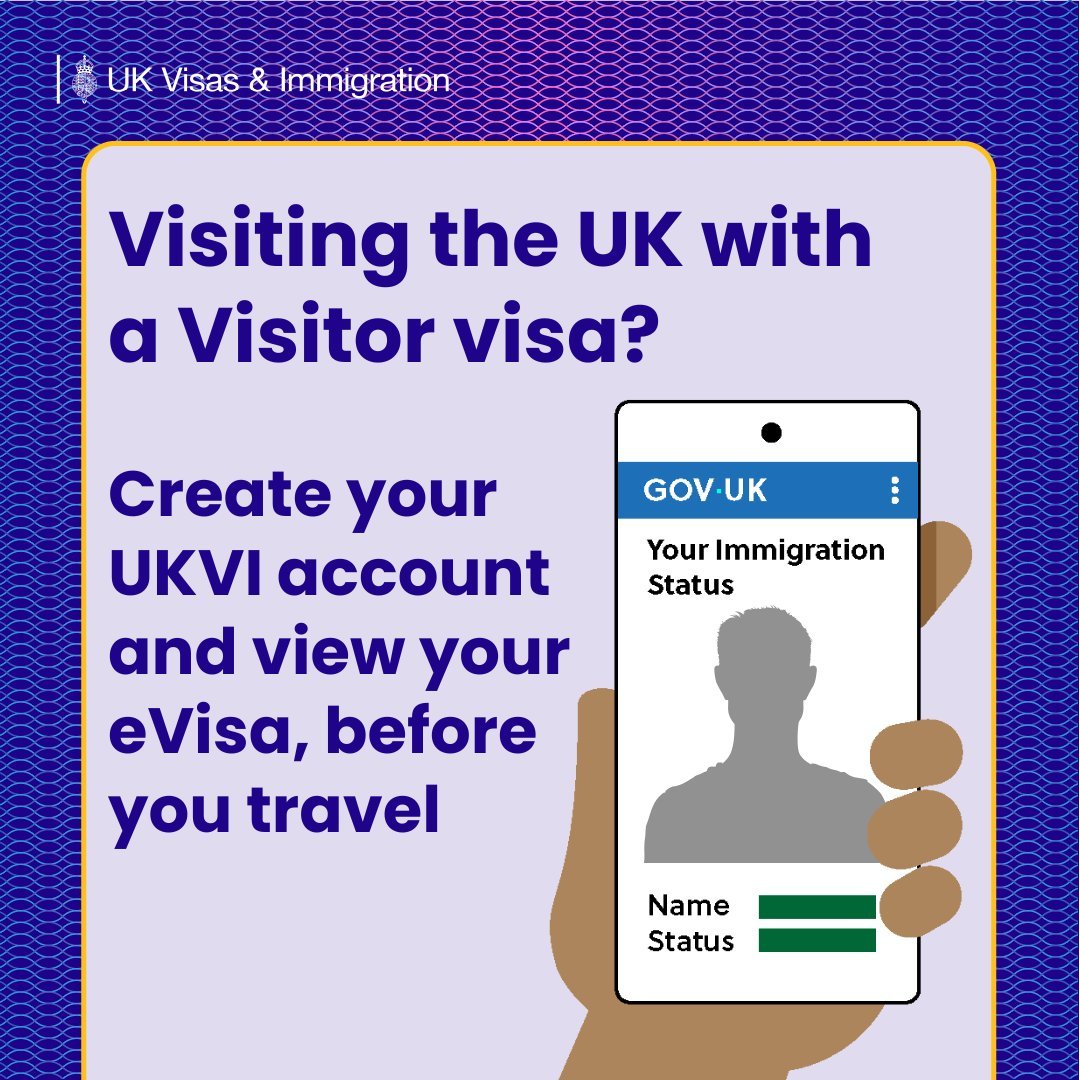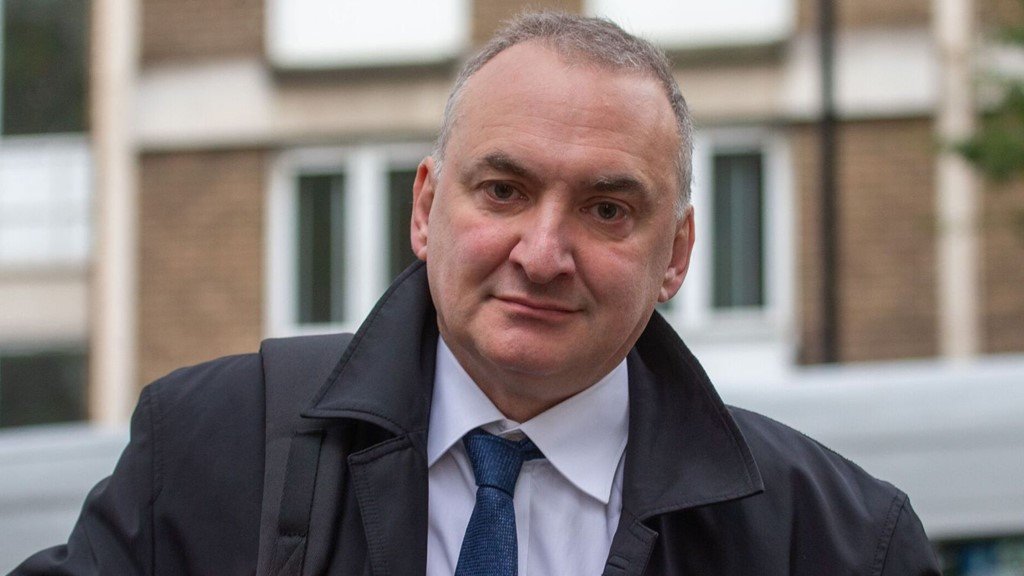The United Kingdom has announced the most far-reaching overhaul of its immigration settlement rules in half a century, replacing the current five-year route to Indefinite Leave to Remain (ILR) with a new “Earned Settlement” model that will require most migrants to live and work in the country for a minimum of 10 years before becoming eligible for permanent residency.
The changes, unveiled by the Home Office and confirmed by Home Secretary Shabana Mahmood, shift the philosophy of settlement from an expected outcome to a privilege reserved for those who demonstrate substantial economic contribution, strong integration, good character, and full compliance with immigration laws.
New “Earned Settlement” Framework
The reformed system introduces a points-based evaluation centred on four key pillars:
– Contribution (economic and fiscal impact)
– Integration (English language ability, community involvement)
– Character (criminal record, compliance history)
– Residence (length of lawful stay)
Under the new rules:
– The standard qualifying period for most work and study visa holders will be 10 years (doubled from the previous five).
– Workers in health and care roles paid below Regulated Qualifications Framework (RQF) Level 6 will face a 15-year requirement.
– Individuals who have claimed certain public funds may be required to wait up to 20 years.
– Those found to have breached immigration rules, overstayed, or entered illegally could face delays of up to 30 years.
Fast-Track Provisions for High Contributors
Several accelerated pathways remain available:
– NHS doctors and nurses will retain their existing five-year route.
– Individuals earning above £125,140 annually for three consecutive years can qualify in as little as three years.
– Those earning above £50,270 for three years can reduce the waiting period by five years.
– Five years of service in designated public-sector roles or significant volunteering can shave three to five years off the standard timeline.
– Advanced (C1-level) English proficiency and holders of Global Talent or Innovator Founder visas can also access three-year settlement routes.
– Family members and partners of British citizens, as well as Hong Kong BN(O) visa holders, can reduce their waiting time by five years.
Dependants will no longer automatically inherit the main applicant’s timeline and will be assessed independently.
Exemptions
The new rules will not affect:
– Individuals who already hold ILR
– EU citizens under the EU Settlement Scheme
– Those on the five-year family route
– Hong Kong BN(O) migrants (beyond the five-year reduction)
– Members of the Armed Forces and their families
– Windrush scheme participants
Background and Expected Impact
The reforms come against a backdrop of record net migration, with official figures showing an addition of 2.6 million people to the UK population between 2021 and 2024.
The Home Office projects that around 1.6 million people could still obtain settlement between 2026 and 2030 under the new framework, though the longer timelines and stricter criteria are expected to significantly slow the overall pace.
The government has described the changes as a fundamental rebalancing of the immigration system to prioritise highly skilled, high-earning, and highly integrated migrants while discouraging reliance on low-wage labour and reducing pressure on public services.
The new Earned Settlement rules are expected to be laid before Parliament in the coming months, with implementation scheduled for 2026.









